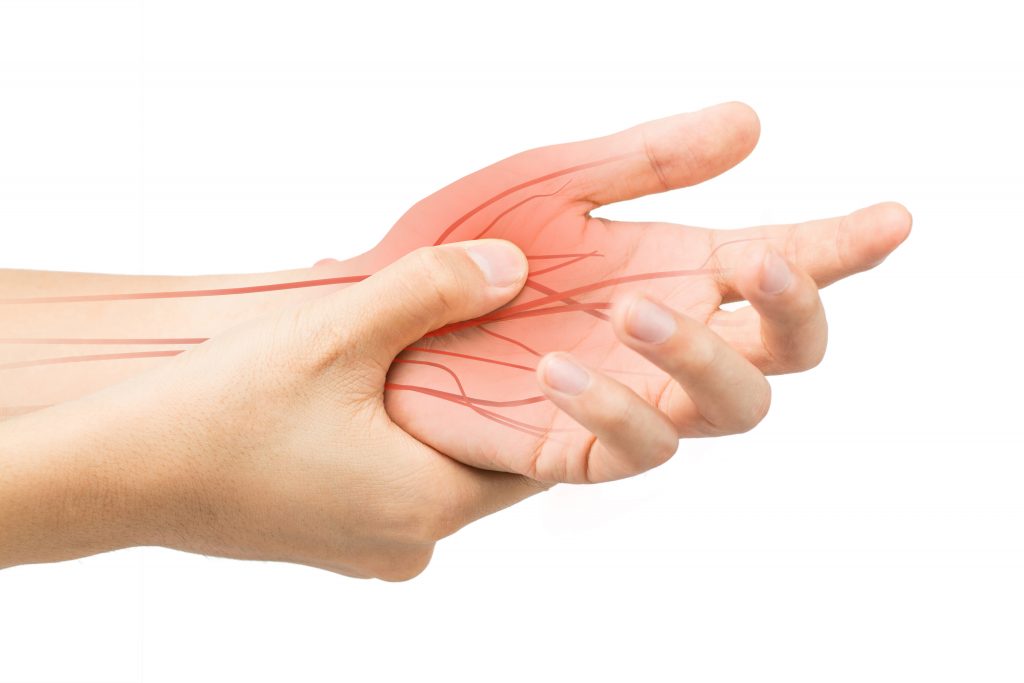Cubital Tunnel Release Surgery Essex
The ulnar nerve goes around the back of the inside of your elbow and through a small tunnel called the cubital tunnel. This is the area commonly referred to as the “funny bone”, as the nerve causes tingling if this part of the elbow is knocked accidentally. The ulnar nerve is a very important nerve as it supplies the small muscles in the hand that allow fine, precise movements and also provides feeling to the little and ring fingers.
If the cubital tunnel becomes too tight, the ulnar nerve can become squashed, resulting in numbness and tingling along the inside of your forearm and your little finger. This is known as cubital tunnel syndrome. If the symptoms become persistent and fail to improve with splinting or physiotherapy, you may be advised to undergo cubital tunnel release surgery Essex. The procedure takes around 30-45 minutes to complete and will be performed under either arm block or general anaesthetic.
Before undergoing cubital tunnel release surgery Essex, you will have a consultation with Mr Sierakowski, who will examine your arm to look for signs of cubital tunnel syndrome. You may be referred for nerve tests to confirm the diagnosis. Once the diagnosis has been confirmed, Mr Sierakowski will discuss the procedure of cubital tunnel release surgery Essex with you and explain the risks associated with the surgery. If you are happy to go ahead, you will be booked in for the surgery. You will be supported from your first consultation right through to after your recovery period.
Cubital tunnel release surgery Essex is performed as a day case procedure. You can either have a full general anaesthetic where you are asleep, or a local anaesthetic where your whole arm is numbed. During the cubital tunnel release surgery Essex, Mr Sierakowski will make an incision over the inside of your elbow and release the tissues that are causing the compression on your nerve. The wound is closed with dissolvable stitches under the skin and a padded bandage is applied.
Recovery From Cubital Tunnel Release Surgery Essex
As with all forms of cosmetic surgery Essex, you will need someone to take you home after cubital tunnel release surgery Essex, as you won’t be able to drive, and your arm will be bandaged. The dressings will be changed after one week and a hand therapist will guide you in your recovery. It is normal for the scar to be quite tender for the first few weeks after cubital tunnel release surgery Essex and you will be advised to moisturise and massage it daily to help it settle.
Nerve Decompression Surgery Essex
If you need to undergo nerve decompression surgery Essex, you can be sure that you will be supported right from your initial consultation to after your recovery from never decompression surgery Essex with Mr Sierakowski at Essex Plastic Surgery. Mr Sierakowski performs nerve decompression surgery across a number of hospitals in Essex, which include Wellesley Hospital in Southend and Springfield Hospital Chelmsford. Get in touch to discuss nerve decompression surgery further, today.

